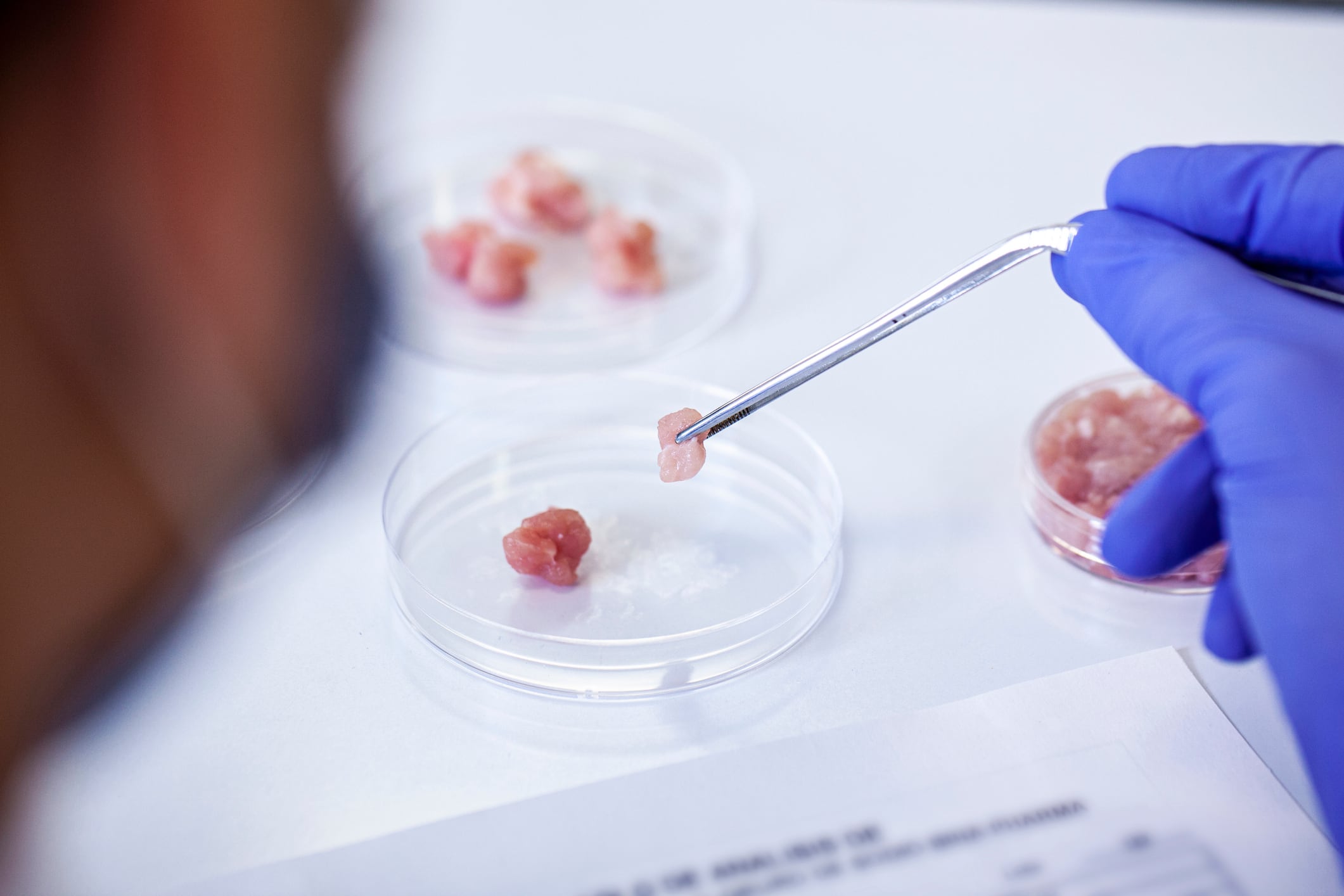The new pilot plant in Leiden, the Netherlands is twice the size of its previous lab and office space, enabling Meatable to increase its bioreactor capacity from 50 litres to 200 litres, with scope to increase this to 500 litres.
Opening of the new plant followed a $35m series B funding round in the summer and marks and ‘important step’ towards commercialising its cultivated pork products, ready for launch in Singapore in 2024.
Krijn de Nood, co-founder and chief executive of Meatable, said: "It is fantastic to see how we have grown from an idea of two entrepreneurs five years ago into a mature company with a tangible product that can transform how we eat meat.
One step closer…
“In this new facility, we can further scale the company’s processes and accelerate commercial launch. This brings us one step closer to our mission to create delicious, cultivated meat products without harming people, animals or the planet."
Launched in 2018, Meatable has grown to more than 90 employees and is credited as having one of the fastest processes in the industry to make cultivated meat, taking just eight days to develop one single animal cell into pork.
In July, the Netherlands became the first EU member state to give the green light to enable cultivated meat tastings, following the US earlier this year which permitted two companies to market cultured meat.
Push back
Despite regulatory movements to develop the market for cultivated meat, some countries have pushed back against the technology.
This week, the Italian Chamber of Deputies passed a law banning the production and marketing of cultivated meat and the use of meat-related names – such as 'salami' or 'steak' – for plant-based meat products. The bill introduced fines between €10,000 and €60,000 for each violation.
Opponents of the bill accused it of stifling innovation, limiting the creation of new jobs and dictated what people could and couldn’t eat.
Meanwhile, food and drink firms from across Europe descended on Plant-Based World Expo Europe at the London Excel Centre to learn more about the latest trends in the sector. Here are four of our takeaways from this year’s show.





